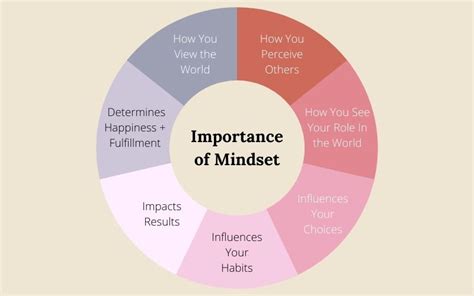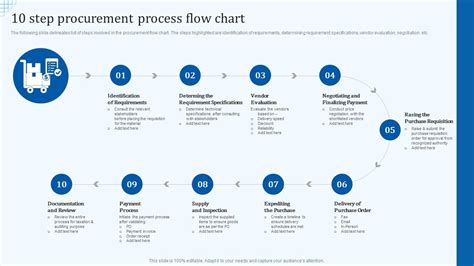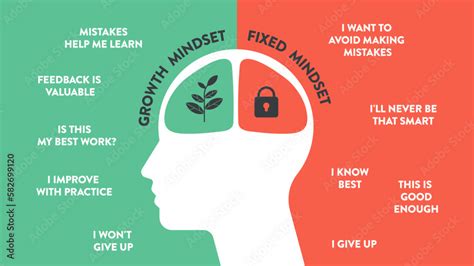The Deep Connection Between Financial Discipline and Fitness Consistency
At first glance, managing your money and sticking to a workout routine might seem like distinct challenges. However, the underlying psychological mechanisms that drive success in both areas are remarkably similar. Both demand discipline, consistency, delayed gratification, and resilience. The ability to make healthy choices today for a better tomorrow, whether that’s saving for retirement or choosing a healthy meal, stems from a core set of mindset shifts that, once cultivated, can profoundly impact both your financial health and physical well-being.

Embracing a Growth Mindset: Beyond Fixed Limitations
One of the most powerful shifts is moving from a fixed mindset to a growth mindset. A fixed mindset believes abilities are inherent and unchangeable: “I’m just bad with money” or “I’ve never been athletic.” This perspective can be a significant barrier. A growth mindset, conversely, understands that skills, habits, and even intelligence can be developed through effort and dedication. When applied to finance, this means seeing budget struggles as opportunities to learn new strategies. In fitness, it means viewing a missed workout not as a failure, but as a chance to regroup and refine your schedule.
From Scarcity to Abundance in Finance, Punishment to Empowerment in Fitness
For many, financial discipline is associated with deprivation and scarcity, while fitness is linked to punishing workouts and restrictive diets. Shifting this perspective is crucial. Instead of viewing saving as “giving up” immediate pleasures, reframe it as “investing” in future freedom and security. Similarly, transform your relationship with exercise from a chore to a celebration of your body’s capabilities. A powerful mindset shift involves seeing these activities as acts of self-care and self-respect, rather than obligations or punishments. This reframing fuels intrinsic motivation, making consistency far more sustainable.

Focusing on Process, Not Just Outcome
While goals like “lose 20 pounds” or “save $10,000” are motivating, an exclusive focus on the outcome can be demotivating when progress is slow or setbacks occur. A pivotal mindset shift involves valuing the process itself. This means celebrating the consistent act of budgeting, tracking expenses, or showing up for your run, regardless of the immediate results. Establishing robust habits and enjoying the journey become priorities. When the process is enjoyable and integrated into your lifestyle, the desired outcomes naturally follow.
The Power of Small, Consistent Actions
Big goals can feel overwhelming. Break them down into tiny, manageable steps. This “micro-habit” approach reduces the psychological friction of getting started. A daily 15-minute walk, tracking one expense, or putting aside $5 each day might seem insignificant on their own, but their cumulative power is immense. This mindset shift focuses on building momentum through small wins, making financial and fitness goals feel achievable and less daunting.

Viewing Challenges as Opportunities for Learning
Setbacks are inevitable in any journey towards discipline. A missed payment, an unexpected expense, a skipped workout, or a bad food choice can derail progress if approached with a defeatist attitude. The mindset shift here is to see these challenges not as failures, but as valuable data points and opportunities for learning and adjustment. What went wrong? How can you prevent it next time? This resilient perspective allows you to bounce back stronger, rather than giving up entirely.

Cultivating a Long-Term Vision with Patience and Self-Compassion
Instant gratification is the enemy of both financial discipline and fitness consistency. The mindset shift towards a long-term vision involves understanding that significant results take time and sustained effort. Develop the patience to wait for compounded returns on your investments (both monetary and physical). Equally important is self-compassion. Be kind to yourself when you falter. Understand that perfection is unattainable and counterproductive. Instead of self-criticism, practice self-forgiveness and refocus on your long-term goals. This blend of patience and self-compassion provides the emotional fuel needed for sustained discipline.

Conclusion: The Blueprint for Lasting Change
Shifting your mindset from fixed to growth-oriented, from outcome-focused to process-driven, and from scarcity to abundance is not a one-time event but an ongoing practice. By consciously adopting these psychological frameworks, you equip yourself with the mental fortitude required to navigate the ups and downs of managing your finances and maintaining physical fitness. These mindset shifts are the true secret weapons for unlocking lasting discipline and consistency, paving the way for a healthier, wealthier future.




